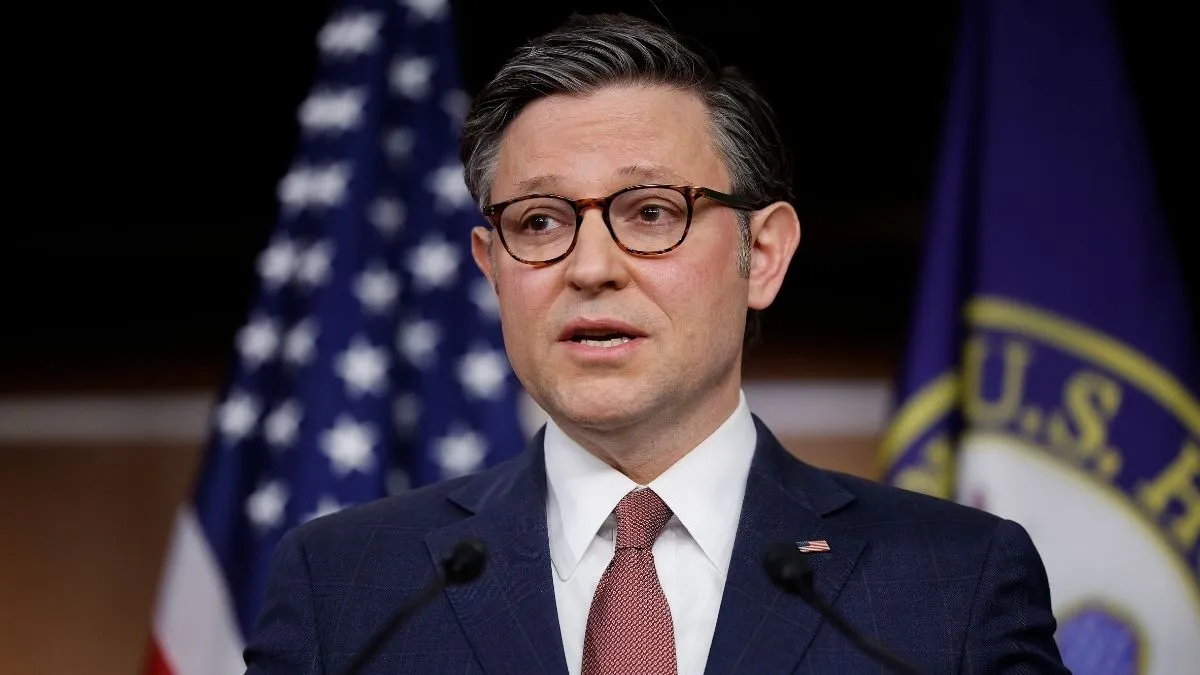The United States Congress, once revered as a bastion of democratic governance, has regrettably devolved into a source of widespread disappointment and disillusionment among many Americans in recent years. Formerly esteemed members of both the House of Representatives and the Senate, the twin pillars of Congress, now find themselves mired in a quagmire of internal strife, petty conflicts, and a troubling disregard for the nation’s laws.
This erosion of respect reached a nadir in October 2023, with the removal of Kevin McCarthy from the speakership—an unprecedented event in the history of the House of Representatives. McCarthy, while not universally admired, was succeeded by Louisiana Republican Mike Johnson, a figure who has failed to inspire confidence or consensus during his tenure.
Despite his leadership role, Johnson’s track record in Congress has been marred by contentious actions and unpopular stances. He was among the 147 Republicans who sought to overturn the results of the 2020 presidential election, a brazen attempt to undermine the democratic process. Furthermore, he has aligned himself with regressive policies, advocating for a nationwide ban on abortions and the criminalization of homosexuality. With a steadfast belief in his divine ordination and a persistent opposition to the separation of church and state, Johnson embodies the polarizing forces that have come to define contemporary politics.
Under Johnson’s leadership, the House of Representatives has become a symbol of inefficiency and dysfunction. Internal discord, the proliferation of controversial legislation aimed more at sparking debate than effecting meaningful change, and the glaring lack of qualifications among certain members have rendered the 118th Congress one of the least productive in history. While this malaise cannot be solely attributed to Johnson, his leadership—or lack thereof—has undoubtedly exacerbated the situation, leaving many Americans yearning for a more capable steward of the legislative process.
In essence, the decline of Congress as a respected institution reflects broader trends in American politics, characterized by polarization, partisanship, and a dearth of effective leadership. As citizens grapple with this disheartening reality, the imperative for meaningful reform and a restoration of faith in the democratic process becomes ever more pressing.


